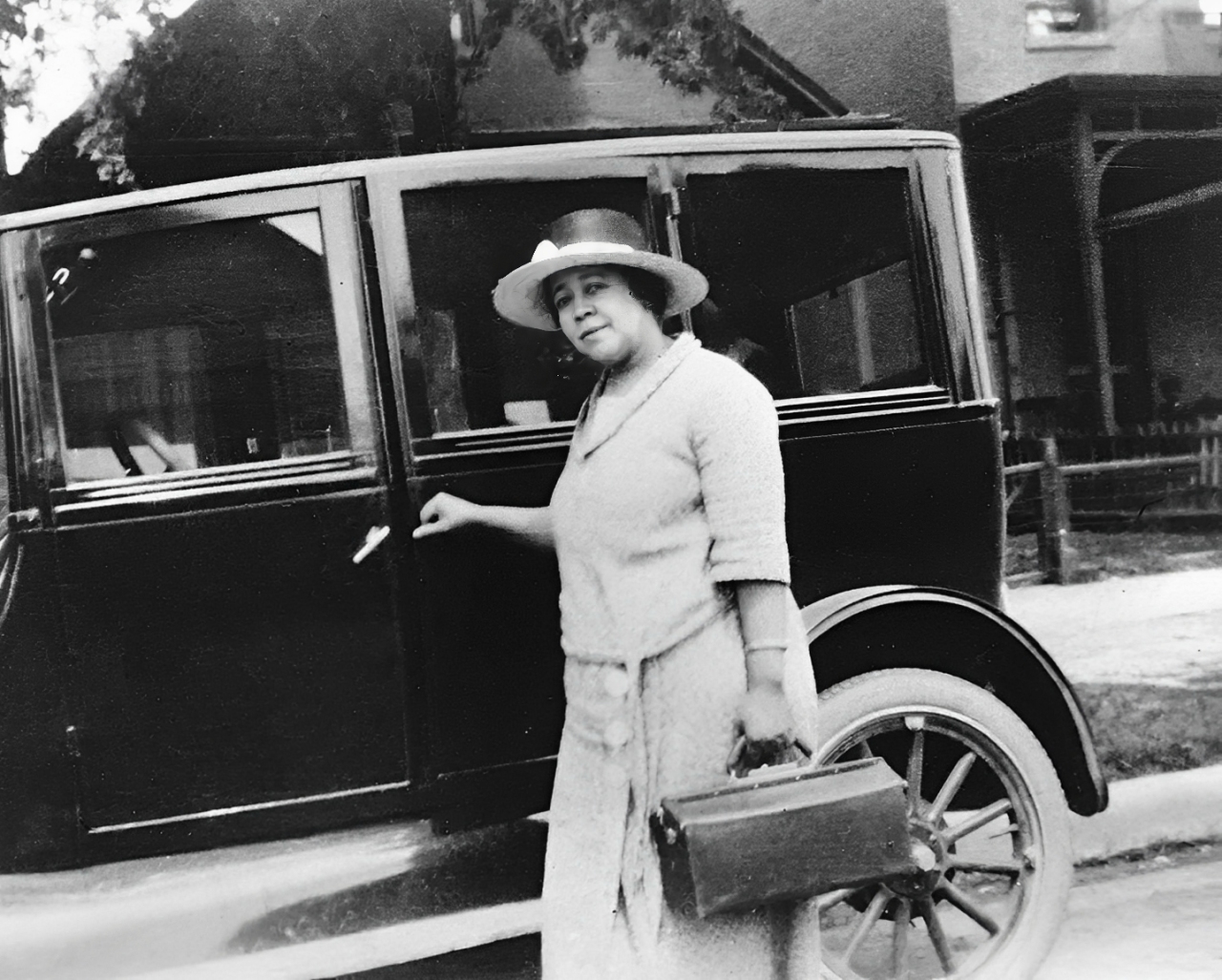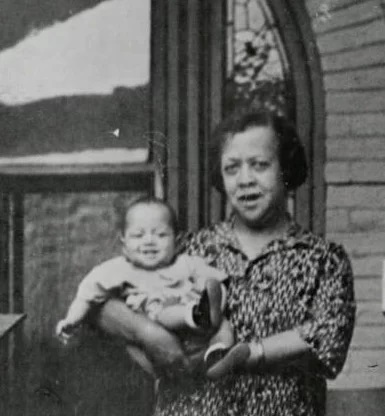Celebrating Black History Month is more important than ever in today’s tumultuous political climate. Issues like racial justice, equality, and representation continue to shape our society, making it crucial to acknowledge Black history as a key part of American history. However, Black contributions have often been ignored or downplayed in traditional education.
In this piece, we take a look at the life of Dr. Justina Ford, who was Colorado’s first licensed Black female doctor. She lived in a time when racial inequality and segregation was the norm in the United States of America, which made it a near impossible task for her to carry out her practice. Hers is a story of perseverance, doggedness and bravery.

Dr. Justina Ford, fondly known as The Lady Doctor, came to Colorado in 1902 in hopes of practicing medicine. The first licensed African American female doctor in Denver, she soon realized it was going to be no easy feat. The authorities at the time refused to recognize Dr. Justina Ford or give her privileges at the city’s hospital.
That didn’t stop Ford.
For 50 years, she treated patients in her home, paid house calls to immigrants, people of color and other underserved patients, and delivered more than 7,000 babies, leaving a remarkable legacy. And year after year, Ford kept fighting for long-overdue recognition from the medical establishment. Officials with the Colorado Medical Society finally recognized Ford in 1950, two years before she died in 1952 at age 81.
As a Black woman, she was denied hospital privileges, which forced her to practice from her 1890 Italianate-style home. Although this was a setback, Dr. Ford did not allow it to hinder her career. In fact, she practiced gynecology, obstetrics, and pediatrics from her home and delivered more than 7,000 babies in the Denver area during her fifty years of service.
Ford primarily served the poor and non-white families of Denver and offered exceptional care even if they could not pay in cash. Even when she was paid monetarily, she often used it to buy those patients coal or groceries if they were cold or hungry.
As a well-respected humanitarian, Dr. Ford learned enough of several languages to communicate with her diverse group of patients. Because she cared so much for her community, she made a lasting impression on all of her patients.
After graduating from medical school, Justina and her husband moved to Alabama, where she worked for a short time. Her husband then came to Denver to serve as the pastor at Zion Baptist Church and Ford later joined him. She expected to be received well in Denver but ran into discrimination right away.

When she sought her medical license, the examiner told her: “I feel dishonest taking a fee from you. You’ve got two strikes against you. First of all, you’re a lady, and second, you’re colored.”
Ford later told a writer for the Negro Digest that she “fought like a tiger” against discrimination. Ford received her medical license – No. 3800 – on Oct. 2, 1902, and for decades was the only Black woman doctor licensed to practice medicine in Denver.
Ford tried right away to get privileges at Denver General Hospital, now known as Denver Health, but was turned away from the hospital as were all Black people at the time. The Fords purchased a two-story brick home in the Five Points area east of downtown Denver and Ford started seeing patients there.

She was known for caring for anyone who needed help and loved bringing babies into the world. One family described her arriving to deliver a baby on Thanksgiving. As the mother labored, Ford put on an apron and helped finish Thanksgiving dinner, then delivered the baby. One man described her as the “Mother Teresa of Five Points” since she cared so compassionately for everyone who needed her.
Ford was born on Jan. 22, 1871, and Coloradans marked the 150th anniversary of Ford’s birth in 2021.
Ford’s home was nearly torn down in 1984, but preservationists from Historic Denver saved it and moved the home from its original location at 2335 Arapahoe Street to 3091 California Street, where it’s now home to the Black American West Museum & Heritage Center. The office and waiting room that Ford used remain on permanent exhibit at the museum.





